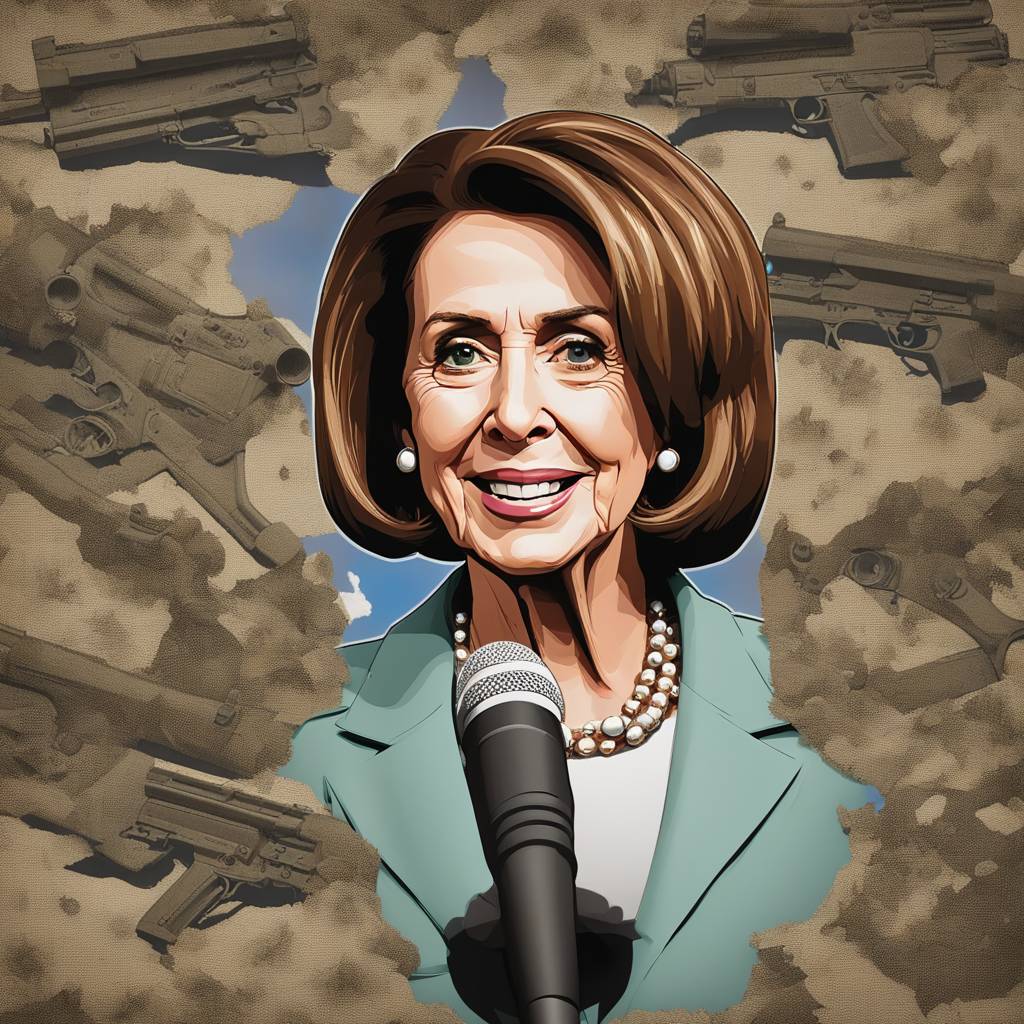The recent split between Congressman Alexandria Ocasio-Cortez and President Joe Biden on U.S.-Israel policy exemplifies the divisions within the Democratic Party on this issue. Ocasio-Cortez has been a vocal critic of Israel’s treatment of Palestinians and has called for a more balanced approach to the Israeli-Palestinian conflict. Meanwhile, President Biden has maintained a more traditional pro-Israel stance, leading to tension within the party.
The divide within the Democratic Party on U.S.-Israel policy has been brewing for some time. Progressive members of the party, like Ocasio-Cortez, have been pushing for a more even-handed approach to the Israeli-Palestinian conflict, while more moderate members have continued to support Israel unequivocally. This split has become more pronounced in recent years as the conflict in the Middle East has escalated, putting pressure on lawmakers to take a clear stance on the issue.
President Biden’s support for Israel has been a consistent part of his foreign policy agenda, but his approach has drawn criticism from some party members. Ocasio-Cortez’s decision to publicly call out the President on this issue highlights the growing divide within the party and the challenges facing Democratic leaders in navigating these differences. As the conflict in the Middle East continues to escalate, it is likely that this division will only become more pronounced.
The split within the Democratic Party on U.S.-Israel policy has also been fueled by changing dynamics within the region. The recent violence in Israel and the occupied territories has reignited debates within the party over how to address the conflict. Progressive members have been calling for a more balanced approach that takes into consideration the rights of Palestinians, while more moderate members have continued to voice their unwavering support for Israel.
The issue of U.S.-Israel policy is not just a political matter; it is also a deeply emotional and personal one for many lawmakers. The history of the Israeli-Palestinian conflict and the longstanding ties between the U.S. and Israel make this issue particularly complex and contentious. As lawmakers grapple with how to navigate this issue, they are also facing pressure from constituents, special interest groups, and foreign governments, further complicating the debate.
Moving forward, the Democratic Party will need to find a way to bridge the divide on U.S.-Israel policy in order to present a united front on this issue. This will require party leaders to engage in difficult conversations and make tough decisions about how to approach the conflict in the Middle East. As tensions in the region continue to escalate, it is crucial for lawmakers to find common ground and work towards a solution that is both politically and morally acceptable to all members of the party.








